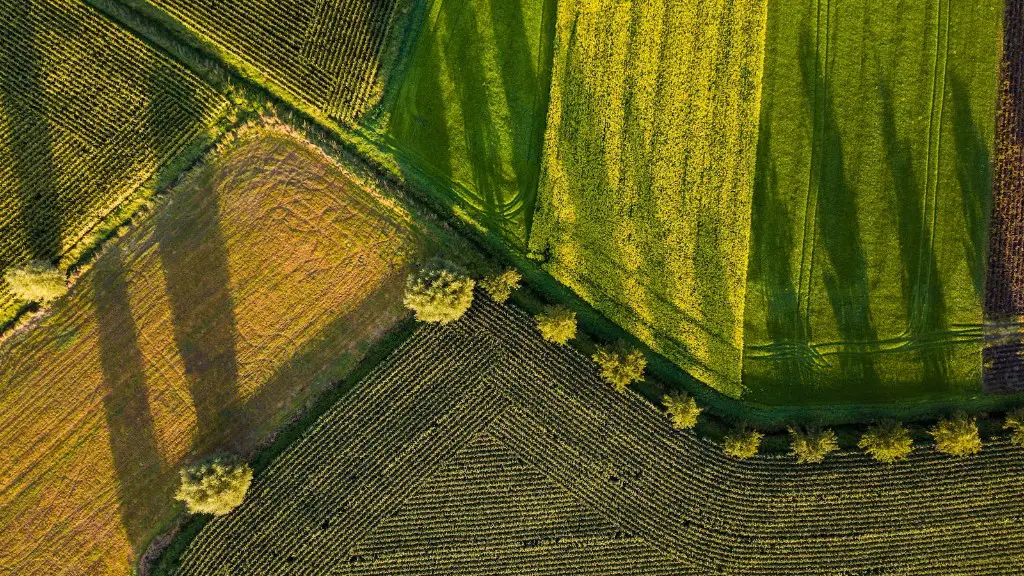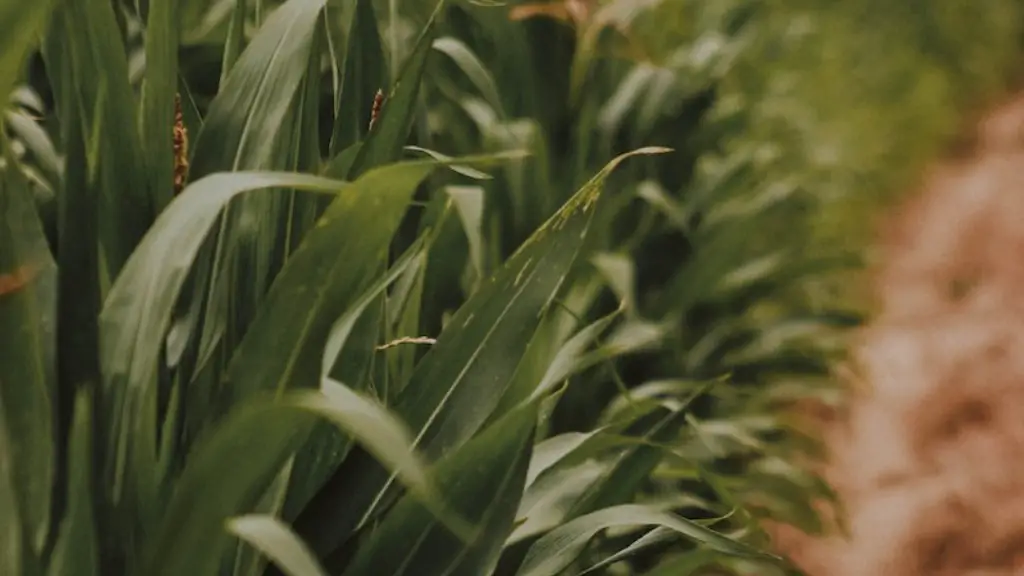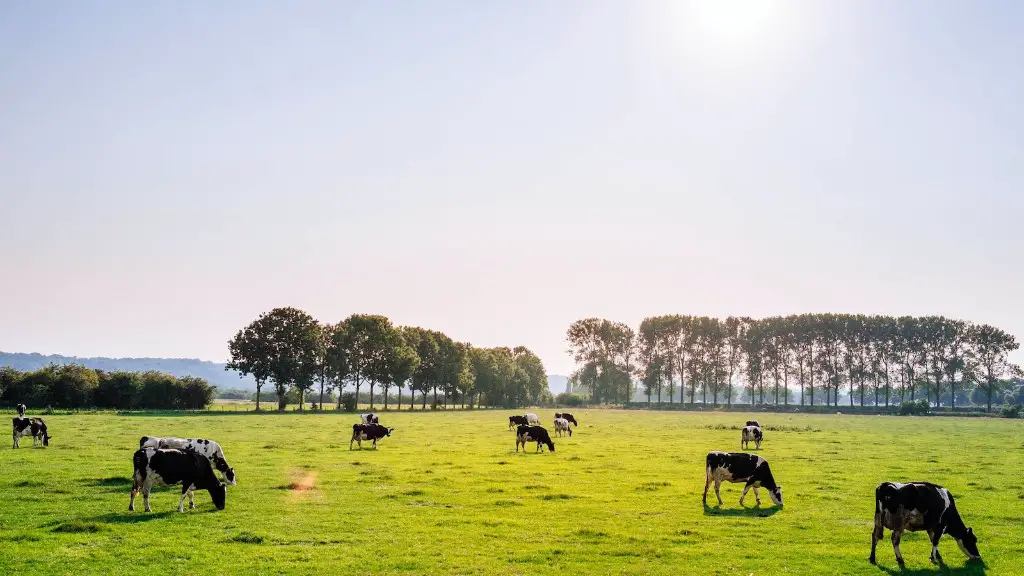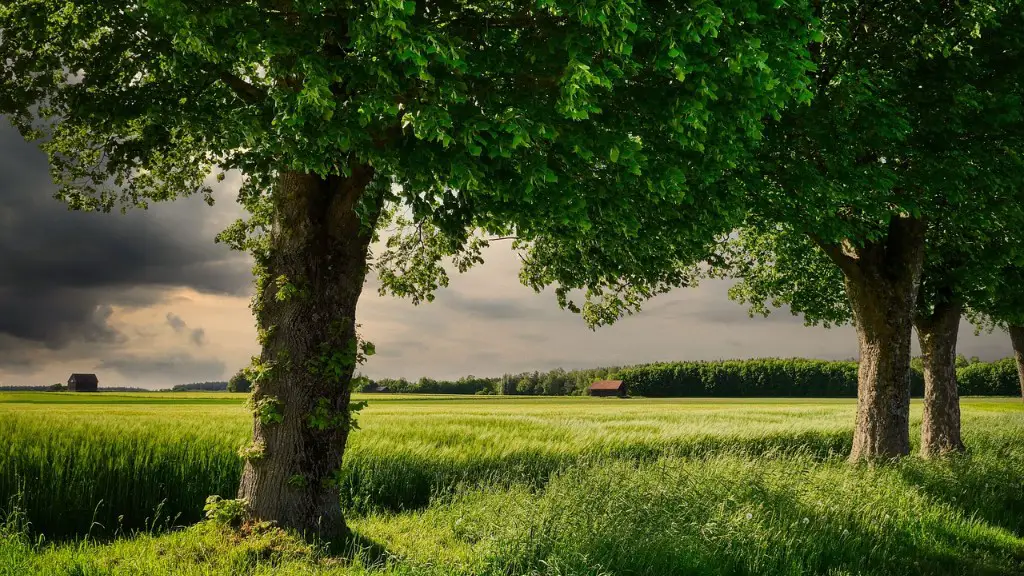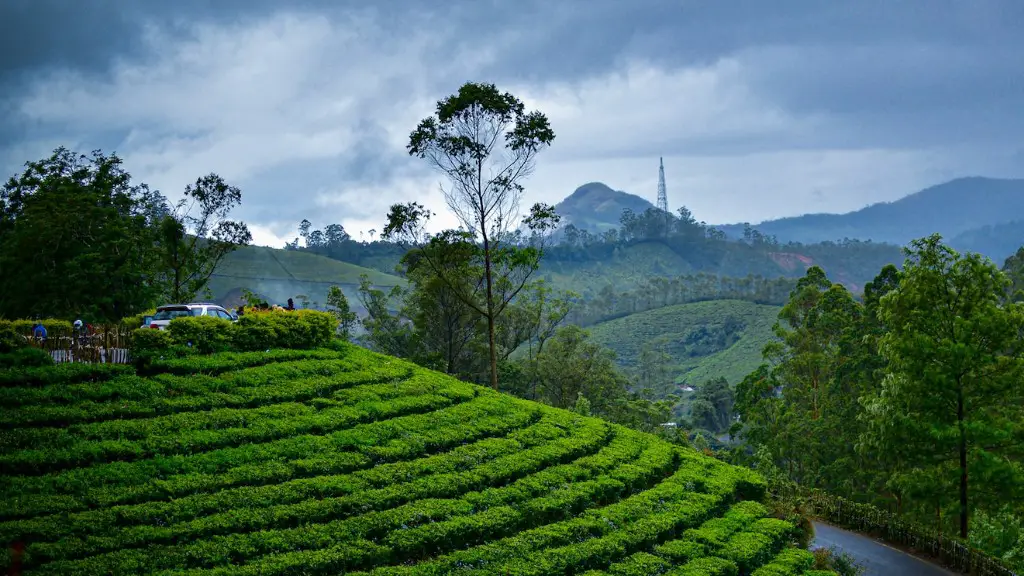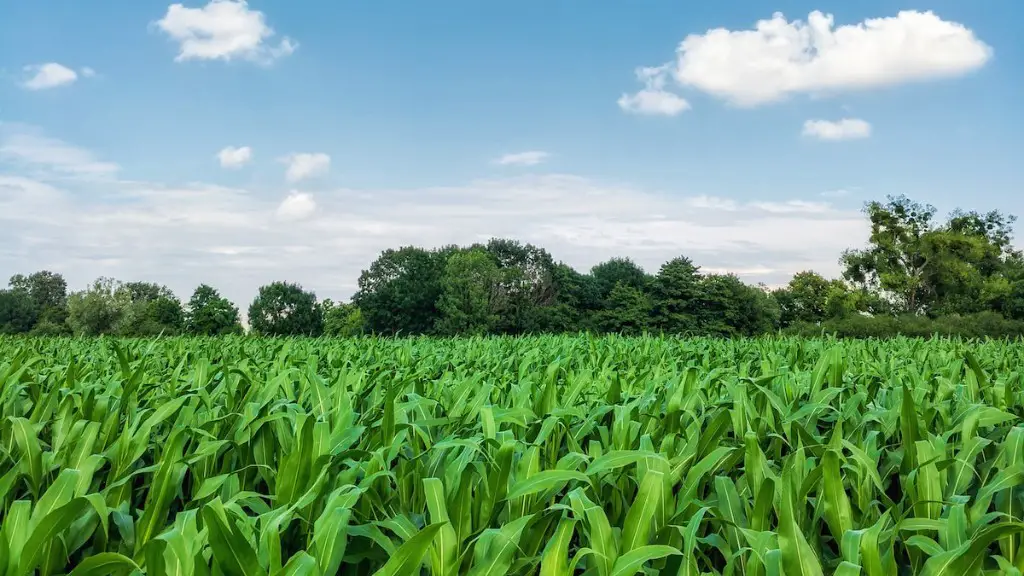The great depression is one of the most devastating events in American history. It caused massive economic turmoil and hardship for millions of people. One of the industries that was hardest hit by the depression was agriculture. Farmers were forced to deal with plummeting prices, droughts, and dust storms. Many were forced to leave their farms and find work elsewhere. The great depression had a profound impact on agriculture, and it shaped the way that farmers operate today.
The agricultural sector was one of the hardest hit by the Great Depression. Farm income fell by 50% and prices for agricultural goods fell by 40%. This led to a wave of farm foreclosures and bankruptcies.
How many farmers were affected by the Great Depression?
The Great Depression led to the loss of many farms across the United States. Despite government programs to help farmers, many were unable to keep their farms afloat. This led to a significant decrease in the number of farms between 1930 and 1935.
The Great Depression was a time of food scarcity and frugality. This led to a lot of dishes that were less about heritage and more about scraping together whatever ingredients were easily accessible and filling.
How did the Great Depression affect farming quizlet
The Great Depression had a devastating effect on farmers across the United States. With falling prices and rising debt, thousands of farmers lost their land. Between 1929 and 1932, about 400,000 farms were lost through foreclosure—the process by which a mortgage holder takes back property if an occupant has not made payments. The Depression also led to a decrease in demand for farm products, as people had less money to spend on food. This further hurt farmers, who were already struggling to make ends meet.
The Great Depression was caused by a number of factors, but one of the main causes was overproduction. Factories and farms were producing more goods than the people could afford to buy, and as a result, prices fell, factories closed, and workers were laid off.
Why was life difficult for farm laborers during the Depression?
Farm laborers during the Depression were unprotected by state and federal laws. This made life difficult for them because they had no legal recourse if they were mistreated by their employers. They also had no guarantee of a minimum wage or of being paid for overtime work.
The theory behind the Farm Holiday movement was that if farmers could reduce the supply of milk, demand would rise and prices would rise in response. In Iowa and Nebraska, the Farm Holiday movement built road blocks on the highways leading to the agricultural markets in Omaha, Sioux City and Des Moines. They dumped milk into ditches.
What are 5 effects of the Great Depression?
The Great Depression was one of the most severe economic downturns in history. It was marked by steep declines in industrial production and in prices (deflation), mass unemployment, banking panics, and sharp increases in rates of poverty and homelessness.
The Great Depression of 1929 was a devastation to the US economy. A third of all banks failed and unemployment rose to 25%. Homelessness increased and housing prices plummeted. International trade collapsed and deflation soared.
Did the Great Depression cause a food shortage
Food scarcity was a big problem during the Great Depression. People didn’t have enough to eat because there wasn’t enough food to go around. This was a huge problem for the economy because it meant that people didn’t have the money to buy food. This led to a lot of people going hungry, which was a big problem for the country.
Between 1928 and 1934, wheat prices in India fell by 50 per cent. Peasants and farmers suffered more than urban dwellers. Though agricultural prices fell sharply, the colonial government refused to reduce revenue demands. Peasants producing for the world market were the worst hit.
Which best explains why farmers in the Great Depression?
The price of crops was too low.
The value of farm produce, declined by half while the land rent to be paid by the peasants remained unchanged In terms of prices of agricultural commodities, the obligation of the farmers to the state doubled Farmers and Indian manufacturers therefore had to sell their gold and silver reserves to subsist. This caused a large outflow of precious metals from the country.
How did farmers survive the Great Depression
Although it wasn’t easy, many farmers were able to survive during the Great Depression. They managed to grow and sell enough crops to pay their mortgages and keep their farms. These farmers were usually located in areas of the country that weren’t hit by drought and dust storms.
The Great Depression was a difficult time for farmers as they struggled with overproduction and climbing prices. Many farmers were forced to sell their crops at a loss or go out of business altogether. The government tried to help by creating programs like the Agricultural Adjustment Administration, but these were only temporarily effective. Ultimately, it was the end of World War II that really helped farmers as they were able to sell their crops to a booming economy.
What effects did the Great Depression have on farmers and city dwellers?
It’s really sad that people in the city are starving while farmers are having to let crops rot in the fields. I hope that the demand for farm products increases so that farmers can afford to feed their livestock and people in the city can afford to eat.
The agricultural sector declined sharply under President Hoover, with farmers struggling to make ends meet as prices for their crops remained low. Many farmers were forced to leave their crops in the field to rot, and some even resorted to killing their animals instead of taking them to market. By the end of Hoover’s term, 40% of all farms were mortgaged to banks.
Warp Up
The Great Depression had a devastating effect on agriculture. Farm income fell by 50% and farm prices fell by 40%. This led to a wave of farm foreclosures and a dramatic increase in the number of farmers who were forced to move off of their land. The Great Depression also led to a decline in the demand for agricultural goods, as people had less money to spend on food. This created a surplus of agricultural goods, which led to a further decline in prices.
Many farmers were ruined during the Great Depression. The prices of farm products fell sharply, and the number of farms decreased by almost one-third. The Great Depression caused a dramatic decrease in demand for farm products, which led to many farmers losing their livelihoods.
